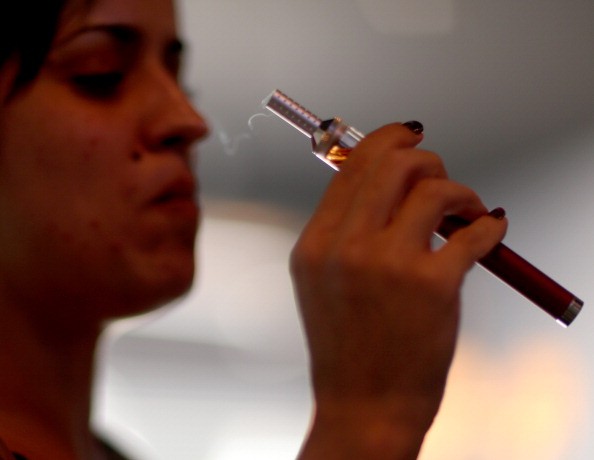
Teens who say they have used electronic cigarettes were about 30% more likely to also say they have respiratory symptoms than those who never used them. This finding is from a study conducted in Hong Kong.
E-cigarettes deliver nicotine by vaporizing a liquid that contains nicotine. This liquid also contains propylene glycol and flavoring chemicals that are known to irritate the respiratory system, said researchers at the University of Hong Kong School of Public Health. Their study was published in the journal JAMA Pediatrics.
Previous studies have linked some temporary respiratory problems in adults with e-cigarette use, but no study has looked for these effects in adolescents. The study evaluated date collected between 2012 and 2013 from more than 45,000 schoolchildren in Hong Kong. Their average age was approximately 15. Overall, 1.1% of the students reported smoking e-cigarettes within the past 30 days, and about 19% of all students reported respiratory symptoms. But students who smoked e-cigarettes were 30% more likely to report breathing problems, such as a cough or producing phlegm, compared to those who did not use e-cigarettes.
The difference in breathing problems was most pronounced among students who said they had never smoked traditional cigarettes. Those students were more than twice as likely to report having breathing problems as those who did not use e-cigarettes. Students who said they had used e-cigarettes and also smoking traditional cigarettes at some point in their lives were at a 40% increased risk of breathing problems, compared to those who did not use e-cigarettes.
While the study cannot prove that e-cigarettes are causing breathing issues among teens, the researchers say the findings support the World Health Organization's recommendation that the use of e-cigarettes by children be regulated.
"E-cigarettes are certainly not harmless and serious health problems of long-term use will probably emerge with time," said Dr. Daniel Ho, of the University of Hong Kong School of Public Health in an interview with Reuters Health.



